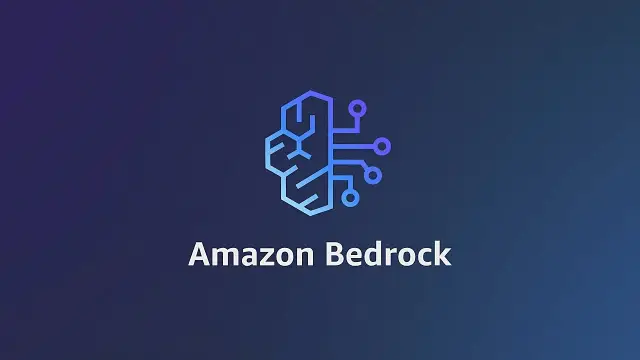AWS Expands Vector Data Management Flexibility with Amazon Bedrock Updates
AWS amplifies user options for Amazon Bedrock, adding new vector storage solutions like Amazon Aurora PostgreSQL-Compatible Edition and enriching the range of available embedding models to boost data relevancy.

Bringing enhanced diversity and precision to data management, AWS has rolled out fresh updates to its Knowledge Bases feature for Amazon Bedrock. The service, initially unveiled during AWS re:Invent 2023, is designed to empower organizations to enrich the relevancy of interactions by tapping into their private data reservoirs.
The latest evolution of Amazon Bedrock boasts the integration of Amazon Aurora PostgreSQL-Compatible Edition as a newly supported vector storage option. This addition complements the existing lineup which includes the vector engine for Amazon OpenSearch Serverless, Pinecone, and Redis Enterprise Cloud.
In a quest for further flexibility, the Knowledge Bases now extend the gamut of embedding models available to users. Supplementing the Amazon Titan Text Embeddings, clients can now harness the power of Cohere Embed English and Cohere Embed Multilingual models. These novel additions, boasting 1,024 dimensions, are adept at transforming textual data into vector embeddings brimming with semantic riches.
Customization stands at the forefront of these enhancements, as Knowledge Bases supports a diverse spectrum of custom vector stores. It is now possible to keenly select from various supported backends, configuring them per specific requirements, from vector database index naming to precise mappings for index and metadata fields. Such configurability guarantees a streamlined amalgamation with pre-existing data infrastructures, bolstering the service's effectiveness.
Moreover, the server capacities have grown with Amazon Aurora PostgreSQL-Compatible and Pinecone serverless enriching the arsenal of vector storage facilities. The notable database benefits that Amazon Aurora extends to vector embedding tasks include easily scalable storage solutions and snappier global read performances, overshadowing traditional open-source PostgreSQL. Meanwhile, Pinecone serverless serves as a novel vector database tailored specifically for burgeoning generative AI applications.
These additional storage solutions ensure users benefit from a diversified scope of scalability, resulting in more bespoke and efficacious data handling tactics.
Completing the update suite, Amazon OpenSearch Serverless has received a cost-efficiency boost through an update that disables redundant replicas by default in development and testing environments—an adjustment that is anticipated to halve associated costs.
As Antje Barth, principal developer advocate at AWS, notes in a blog post, these advancements collectively spotlight Amazon Bedrock's devotion to refining user experiences and proffering adaptable, pocket-friendly solutions for the management of vector data in the cloud. This announcement comes on the heels of significant progress in the low-code/no-code realms, with platforms like AppMaster simplifying and expediting application development across the board, including sophisticated options for database and business logic visualizations.





